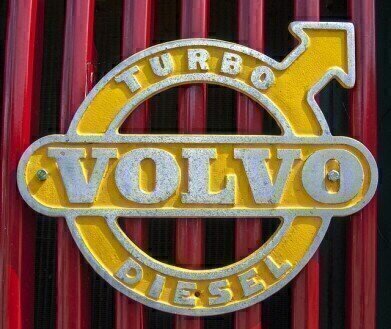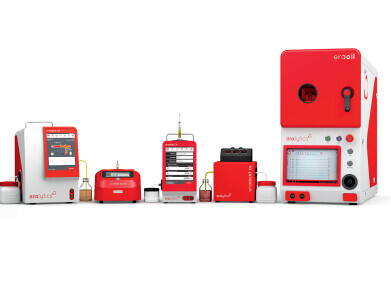Analytical Instrumentation
Why Has Oslo Banned Diesel?
Jan 27 2017
Clean, green and efficient, Norway is renowned as one of the most eco-conscious countries on the planet. Now, it’s crystallising this status and temporarily banning diesel cars in a bid to combat air pollution.
The decision comes from the city council, and vetoed the presence of diesel cars in the downtown area for at least two days. It encompasses all municipal roads, but won’t apply to the network of national motorways that zigzag through the Norwegian capital. Penalties are harsh, with any motorists found violating the ban set to be issued with a 1,500 kroner (£174) on the spot fine.
It’s the first time Oslo has introduced a ban of this scale, with the council warning residents that it may approve a complete ban on all cars in the city centre within the next four years.
“In Oslo, we can’t ask children, the elderly, and those suffering from respiratory problems to remain holed up at home because the air is too dangerous to breathe,” comments Greens city councillor Lan Marie Nguyen Berg.
Uproar from diesel motorists
While eco-advocated praised the decision, some motorists were left shaking their heads. In 2006, Norway heavily encouraged its citizens to invest in diesel vehicles, coveting them as a ‘green’ option. Now, they’re being criticised for their nitrogen dioxide heavy emissions.
The democratic Progress Party is now urging diesel motorists to seek compensation, with MP Mazyar Keshvari claiming that “The biggest swindle of Norwegian motorists has now become a reality.”
“Not only did they recommend motorists to buy diesel cars, they also changed the taxes to make them less expensive. That led a lot of people buying a car that they can’t use now,” he criticises.
The cost of air pollution
So is it worth the hassle? According to the Norwegian Institute of Public Health, the answer is a bona fide “yes.” Every year, Oslo air pollution causes 185 premature deaths. Plus, nitrogen dioxide is also a major contributor to climate change, a phenomenon that Norway is committed to combating.
In the same way that Norwegian motorists are forced to comply with government diesel bans, championship teams are also expected to walk the line. For more information, ‘Characterizing Fuel by Gas Chromatography: Making Sure that INDYCAR Race Teams are Playing by the Rules’ is a fascinating read for rev heads and eco-advocates alike. Exploring protocols, testing, logistics, fuel characterisation and suspicious results, it looks at the role of GC instrumentation, and how it’s helping to ensure all teams take to the tracks on a level playing field.
Digital Edition
PIN 25.1 Feb/March
March 2024
In This Edition Safety - The technology behind the ION Science Tiger XT - Safety with ammonia and LOHCs as hydrogen carriers Analytical Instrumentation - Discussion on new tribology te...
View all digital editions
Events
Apr 28 2024 Montreal, Quebec, Canada
Apr 30 2024 Birmingham, UK
May 03 2024 Seoul, South Korea
May 05 2024 Seville, Spain
May 06 2024 Riyadh, Saudi Arabia


















